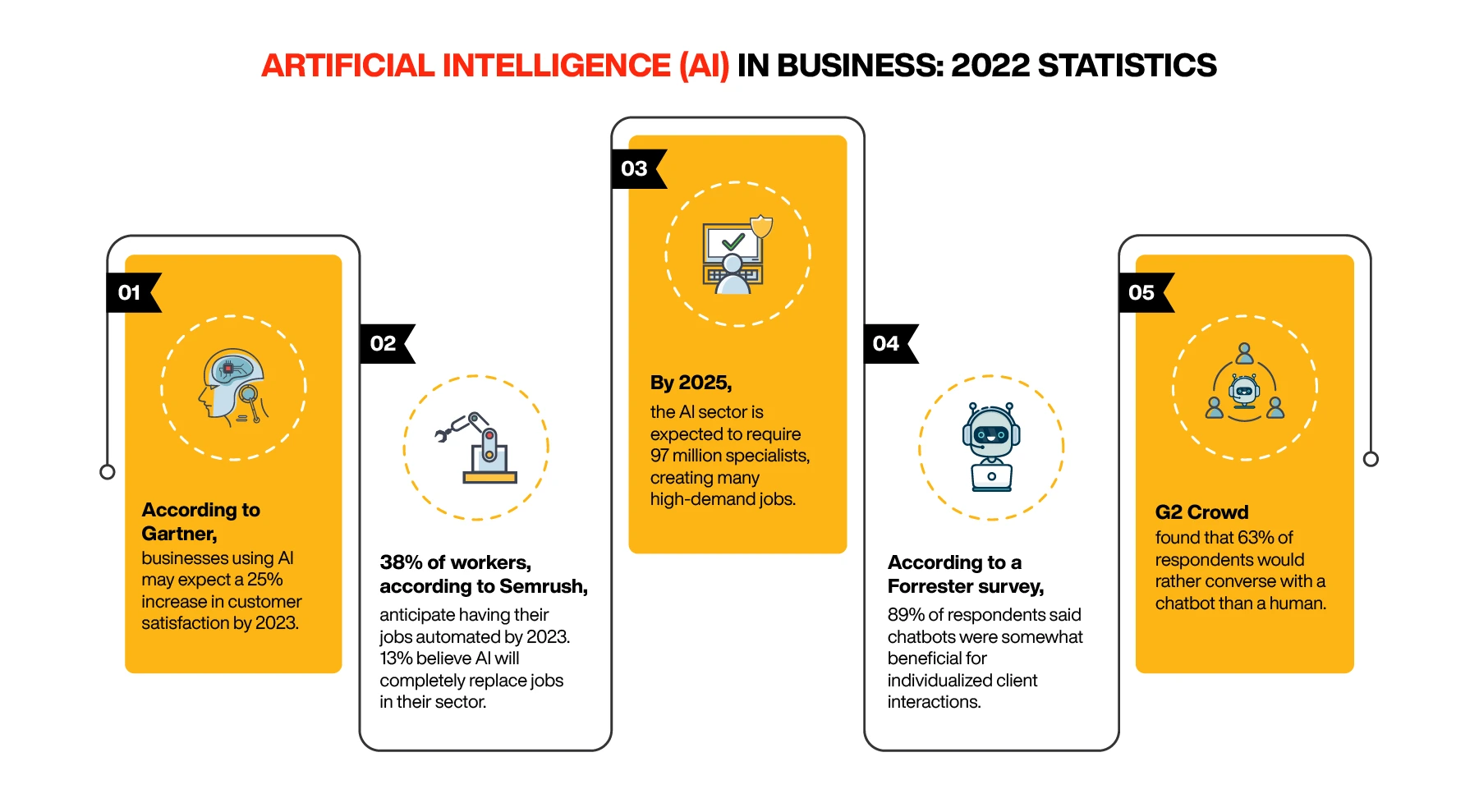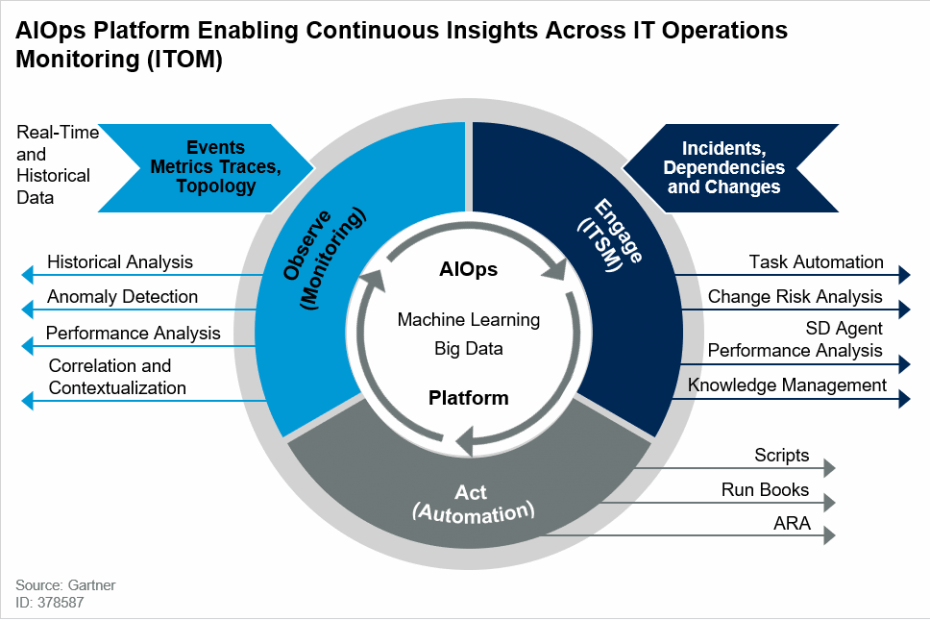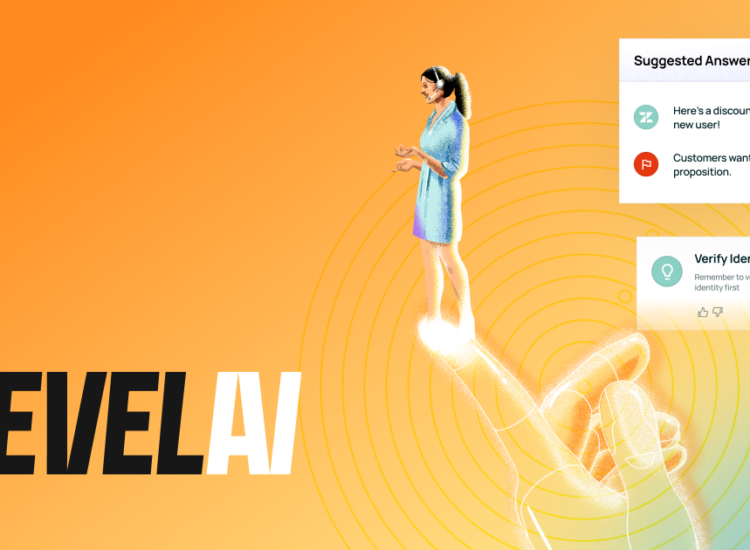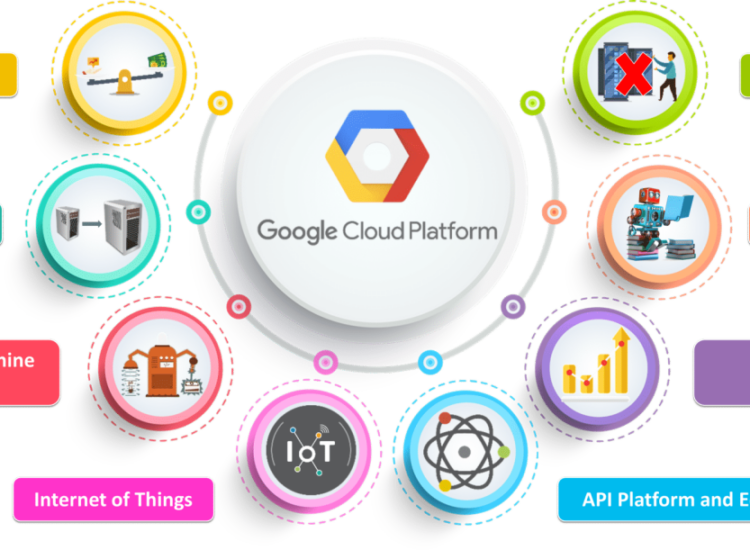In today’s rapidly evolving technological landscape, artificial intelligence (AI) is reshaping the way businesses operate, strategize, and compete. From small startups to multinational corporations, the integration of AI into business processes is no longer a futuristic concept but a present-day reality. This article dives deep into the role of artificial intelligence in business, highlighting its benefits, real-world applications, challenges, and the future outlook.
Toc
- 1. Introduction: Defining Artificial Intelligence (AI) in the Business Context
- 2. The Future of AI in Business: Opportunities and Trends to Watch Out For
- 3. Real-world Cases: Highlighting Successful AI Integrations Across Industries
- 4. Challenges and Concerns: Addressing the Hurdles in AI Adoption
- 5. AI Implementation Strategies: Ensuring Success in Adoption
- 6. Conclusion: The Imperative of AI Adoption and Opportunities for Businesses
Introduction: Defining Artificial Intelligence (AI) in the Business Context

Artificial intelligence in business refers to the use of intelligent machines and algorithms to perform tasks that typically require human intelligence. These tasks include learning, decision-making, problem-solving, and more. AI technologies can dramatically improve efficiency, accuracy, and productivity in various business operations.
Specific AI Applications in Business
Artificial Intelligence (AI) finds application across various sectors of business, revolutionizing traditional approaches and enabling innovation at unprecedented scales. Notably, AI has been instrumental in transforming customer service through the deployment of advanced chatbots. These AI-powered chatbots are capable of handling a multitude of customer inquiries simultaneously, providing instant responses, and learning from each interaction to improve future communication.
In the realm of marketing, AI tools analyze vast amounts of data to predict consumer behavior, enabling businesses to tailor their marketing strategies with remarkable precision. This predictive analysis helps in targeting the right audience with personalized advertisements and recommendations, significantly increasing conversion rates.
Another significant application of AI is in the optimization of supply chain management. AI systems can predict inventory needs, enhance logistics, and reduce operational costs by analyzing patterns and external factors like weather or market trends. This leads to more efficient production schedules, distribution routes, and inventory management, ensuring that products are delivered to the right place at the right time.
Furthermore, AI-driven analytics have transformed decision-making processes. By harnessing the power of machine learning algorithms, businesses can sift through massive datasets to uncover insights and trends that were previously unnoticed. This enhanced decision-making capability helps businesses to stay competitive and agile in a rapidly changing environment.
Benefits of AI in Streamlining Business Operations and Enhancing Decision Making
AI offers several compelling advantages for businesses. It can automate routine and time-consuming tasks, allowing employees to focus on more strategic activities. AI systems also provide advanced analytics, enabling businesses to make data-driven decisions. For instance, AI can analyze customer behavior patterns to tailor marketing strategies or optimize inventory levels based on predictive analysis.
“AI is not only optimizing our current operations but also opening new avenues for innovation and growth,” says Sundar Pichai, CEO of Alphabet Inc. AI enables businesses to process massive amounts of data, uncover hidden patterns, and generate insights that can drive innovation, enhance customer experience, and increase revenue streams.
The Future of AI in Business: Opportunities and Trends to Watch Out For

Future outlook of AI in Business
The future outlook for AI in business is promising, with exciting opportunities and trends on the horizon. One such opportunity is the potential of AI to enhance cybersecurity measures. As cyber threats continue to evolve, AI-powered security systems can provide real-time threat detection and response, reducing the risk of cyber attacks.
Another trend to watch out for is the increased adoption of AI in human resources (HR) processes. AI can streamline and automate several HR tasks, including candidate screening, onboarding, and employee engagement. This allows HR professionals to focus on more strategic activities such as talent development and retention.
Additionally, there is a growing trend towards “explainable AI,” where AI systems are designed to provide transparency in their decision-making processes. This is especially important in highly regulated industries, such as finance and healthcare, where decisions made by AI must be justifiable and understandable.
Overall, the future of AI in business is boundless, with endless possibilities for innovation and growth. As businesses continue to adopt and integrate AI into their operations, we can expect to see even more transformative changes in the way businesses operate and make decisions. So, it is essential for organizations to stay updated on the latest AI trends and developments to remain competitive in their respective industries. With proper planning and implementation, AI has the potential to revolutionize business processes, increase efficiency, and drive growth in the years to come.
Challenges and Limitations of AI Adoption in Business
Despite its many benefits, the adoption of AI in business also poses challenges for organizations. One significant limitation is the demand for specialized skills. As AI technology continues to evolve, the demand for data scientists, engineers, and other specialized professionals is skyrocketing. This creates a talent gap in the market that businesses must navigate to leverage AI fully.
Another challenge is the bias inherent in AI systems. AI algorithms are only as unbiased as the data used to train them. If the data contains biases, it will be reflected in the decisions made by AI systems, potentially leading to unintended consequences. Businesses must be aware of this and take measures to mitigate bias in their AI systems.
Lastly, the cost of implementing AI can also be a significant barrier for businesses, especially small and medium-sized enterprises (SMEs). The development and maintenance of AI systems require substantial investments in technology, infrastructure, and human resources. This can prove to be a significant challenge for organizations with limited resources.
Real-world Cases: Highlighting Successful AI Integrations Across Industries

Real-world examples of AI integration across industries showcase the transformative power of the technology. In healthcare, AI algorithms have been deployed to improve diagnostic accuracy, personalize patient treatment plans, and optimize hospital operations. One notable example is Google Health’s DeepMind, which developed an AI system that can identify over 50 eye diseases from 3D retinal scans, with an accuracy level on par with world-leading ophthalmologists. This advances a new frontier in preventing and treating blindness.
In the financial sector, AI is revolutionizing fraud detection and risk management. Banks and financial institutions are using AI to analyze transaction patterns in real-time, identifying anomalies that could indicate fraudulent activity. For instance, Mastercard’s Decision Intelligence technology uses AI to score each transaction’s authenticity, reducing false declines while preventing fraudulent transactions, enhancing the customer experience and security.
The manufacturing industry has also seen significant gains from AI integration. General Electric leverages AI and predictive analytics to anticipate equipment failures before they occur, substantially reducing downtime and maintenance costs. This predictive maintenance approach, powered by AI, is setting a new standard in operational efficiency.
These cases underline the versatility and potential of AI technology to not only optimize existing processes but also to create new opportunities for innovation, efficiency, and growth across various sectors.
Challenges and Concerns: Addressing the Hurdles in AI Adoption

Despite its benefits, adopting AI in business comes with its set of challenges. These include the high cost of implementation, scarcity of skilled personnel, and concerns about data privacy and security. Additionally, there is apprehension about AI making certain jobs obsolete, raising ethical and societal concerns.
“Ensuring AI enhances rather than replaces human work is essential,” notes Ginni Rometty, former CEO of IBM.
The Impact of AI on Employment
The integration of artificial intelligence into business environments raises important discussions regarding its impact on employment. While AI brings about efficiency and innovation, it also poses concerns about job displacement. The automation of routine and manual tasks by AI can lead to the reallocation of human labor, necessitating a shift towards more complex and creative roles that AI cannot easily replicate. However, this transition presents opportunities for workforce development and upskilling. Businesses and educational institutions are increasingly investing in training programs to equip employees with the necessary skills to thrive in an AI-driven landscape.
On the positive side, AI creates new job opportunities in sectors such as data analysis, AI system maintenance, and development, as well as in roles that focus on the human-AI interface. Furthermore, by taking over repetitive tasks, AI allows employees to focus on more strategic and rewarding aspects of their work, potentially leading to higher job satisfaction and productivity. Thus, while AI’s impact on employment is nuanced, with challenges in job displacement, it also offers avenues for employment growth and the enhancement of job quality in the long term.
Ethical Considerations in Artificial Intelligence
As artificial intelligence (AI) becomes increasingly integrated into various aspects of daily life and business operations, it raises a myriad of ethical considerations that must be addressed to ensure responsible development and deployment. One of the central ethical concerns is the issue of privacy. The vast amounts of data collected and analyzed by AI systems pose significant privacy risks, requiring stringent measures to protect individuals’ information and uphold their rights.
Another major ethical challenge involves fairness and bias. AI systems often inherit biases present in their training data, leading to unfair outcomes that can reinforce societal inequalities. It is crucial for developers and users of AI to actively work towards identifying and eliminating these biases to prevent discrimination.
Transparency and accountability in AI decision-making processes also present significant ethical questions. The “black box” nature of some AI systems can make it difficult to understand how decisions are made, challenging accountability standards. There must be a concerted effort to build explainable AI systems that allow for greater transparency and accountability, especially in critical applications affecting people’s lives and livelihoods.
The potential for AI and automation to impact employment raises further ethical concerns. While AI can lead to job displacement, there is a moral imperative to manage this transition fairly, supporting displaced workers and ensuring that the benefits of AI are distributed equitably across society.
Finally, the long-term implications of advanced AI technologies, such as autonomous weapons and superintelligent systems, pose existential risks that require careful consideration and international cooperation to manage.
Addressing these and other ethical considerations is essential for building trust in AI technologies and ensuring they contribute positively to society. Stakeholders, including developers, businesses, regulators, and the general public, must engage in continuous dialogue and collaboration to steer AI development in an ethical direction.
AI Implementation Strategies: Ensuring Success in Adoption

Effective implementation of artificial intelligence (AI) within organizations demands strategic planning and oversight. Companies looking to harness AI’s potential need to develop robust strategies that encompass technology integration, skill development, and ethical considerations. A pivotal starting point is the establishment of a clear vision and objectives for AI implementation, aligned with the organization’s broader business goals.
Formulating a Roadmap
Developing a comprehensive roadmap is essential for a smooth AI integration process. This involves identifying key areas where AI can add value, setting achievable milestones, and measuring progress against predefined metrics. Prioritizing projects based on their impact and feasibility helps in delivering quick wins and building momentum for broader AI adoption.
Building Technical Infrastructure
A solid technical infrastructure is crucial to support AI applications. This includes investing in the right hardware and software, as well as ensuring data quality and accessibility. Leveraging cloud technologies can provide scalable computing resources necessary for complex AI computations.
Skill Development and Talent Acquisition
The success of AI projects significantly depends on having skilled personnel. Organizations must focus on upskilling their existing workforce and, when necessary, hiring new talent with specialized AI expertise. Investing in continuous learning and development is vital to keep pace with the rapidly evolving field of AI.
Ethical AI Use and Governance
Incorporating ethical guidelines and governance frameworks from the outset is critical to ensure the responsible use of AI. Establishing principles for data privacy, fairness, transparency, and accountability aids in mitigating risks and building trust among stakeholders.
Collaborative Ecosystem
Fostering partnerships with academic institutions, technology providers, and industry consortia can accelerate AI innovation and implementation. Collaboration can offer access to new research, tools, and expertise, enhancing the organization’s AI capabilities.
By carefully considering these strategies, organizations can effectively integrate AI technologies, driving transformation and securing a competitive edge in the market.
Conclusion: The Imperative of AI Adoption and Opportunities for Businesses
Adopting AI in business operations is becoming increasingly essential for staying competitive in today’s digital age. While challenges exist, the potential benefits of enhanced efficiency, improved decision-making, and innovative solutions far outweigh the hurdles. Businesses that successfully integrate AI into their operations will not only streamline their current processes but also unlock new opportunities for growth and innovation.
In conclusion, as Elon Musk suggests, the future of business in the AI era is not just about automation but about leveraging AI to enhance human capabilities and create unprecedented value. The journey of integrating AI into business is complex but, ultimately, rewarding for those willing to navigate its challenges.









